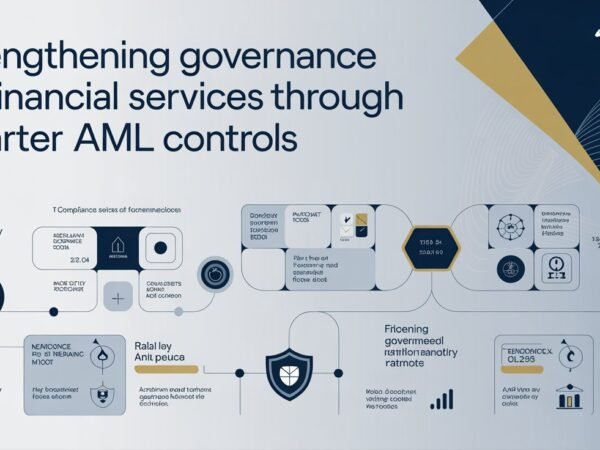The most challenging aspect of using sales tax for businesses is staying updated and informed. In the Internet age, many companies have shifted online. For that, they need to follow the sales laws that are predominant in the industry.
Since the advent of the e-commerce segment is new, one needs to handle the fact that entrepreneurs need to stay aware of the sales tax laws and need to pay it periodically.
In this blog, we will look into sales tax from the perspective of an e-commerce business and how it affects the venture’s bottom line.
The Role of the Sales Tax Nexus
The role of the tax nexus is that it helps to determine the relationship of taxes a business has with the state jurisdiction. In the case of the brick-and-mortar store, the concept is typically easy as a company must only follow the sales tax rules of a particular state.
After the advent of e-commerce, the court has given the state the right to collect sales taxes from out-of-state customers, and a business needs to pay for that. Here comes a sales tax lawyer who can help a business resolve this complex matter and help a brand manage all the sales tax volumes effectively.
Sales Tax Regulations Changes From State to State
The first challenge an e-commerce venture faces is the change in tax laws and amounts when buyers come from multiple states. An e-commerce business caters to a more significant segment of customers. For that, the company needs to make the requisition to help the business consider those amounts in the account.
Business Needs to Stay Careful About Sales Tax for Selling in Multiple States
A business needs to consider the multiple sales tax laws of various states. Sometimes, an e-commerce company is a boutique firm. It takes a lot of work for that organization to handle all these matters and sell to customers. Therefore, a business needs the guidance of attorneys in these matters.
How To Navigate the Sales Tax
A question that remains in the e-commerce organization’s book is how to pay all these taxes and still prevent the erosion of the bottom line. Here are certain things that an e-commerce brand can do.
A Tracking System for E-Commerce Sales
Regarding e-commerce sales, one needs to choose a tracking system that adequately accounts for all the sales. The business owner or accountant must know about the buyers and their states.
Here, one can get help from the IRS audit attorney from Los Angeles or another location to review the books and find the correct numbers the business owes to each state.
A business can keep dynamic pricing for each state; one can change the final product’s price based on each state’s sales tax ratio.
These are the most common methods for managing changes and successfully navigating the e-commerce business.
Do Read: The Importance of Regular Fire Risk Assessments for Businesses













